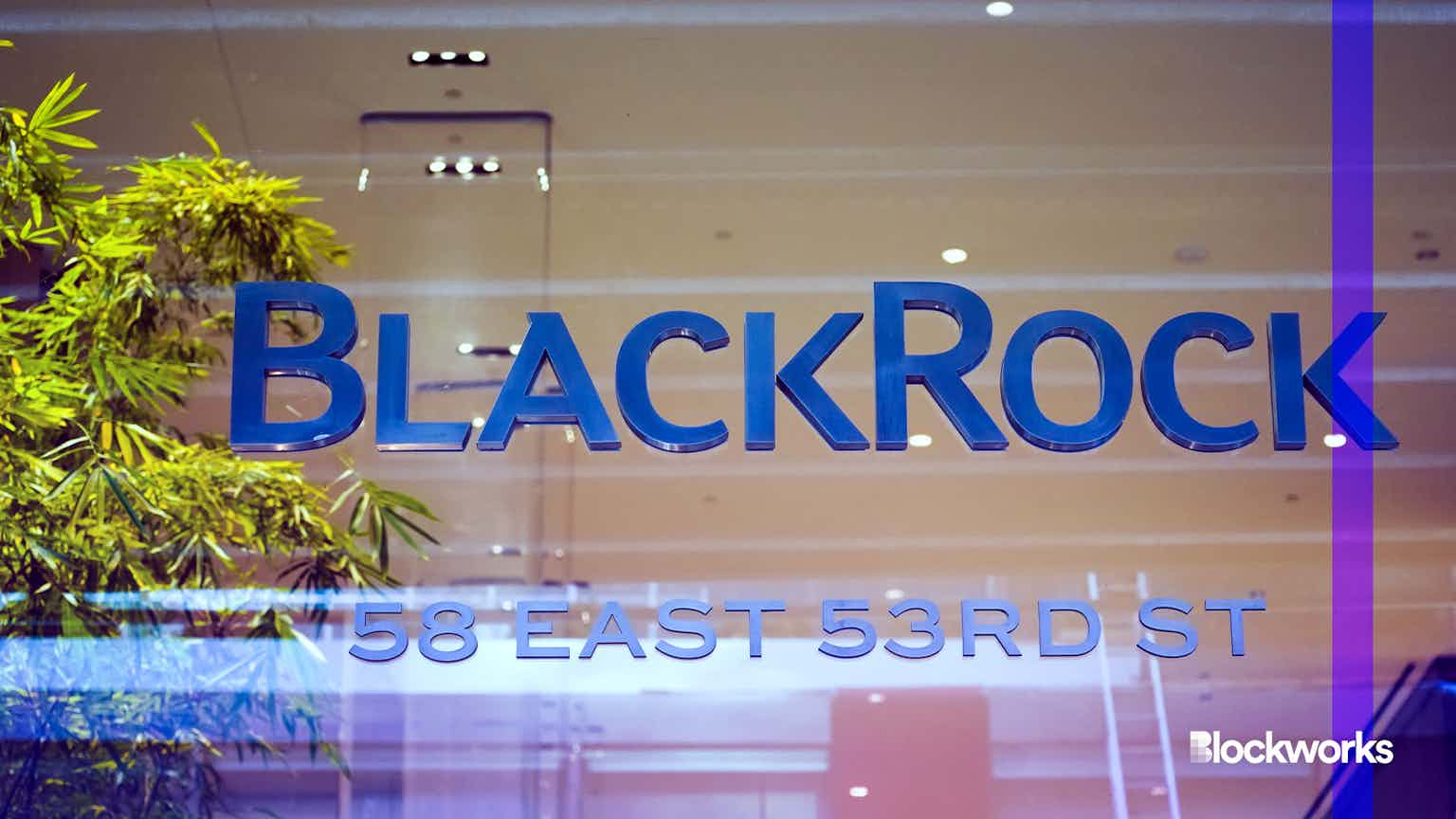SushiSwap ‘Head Chef’ Election Settled by GoldenTree, Cumberland
Blockworks exclusive: TradFi’s GoldenTree Asset Management and longtime crypto firm Cumberland overwhelmingly carried the vote for DeFi protocol SushiSwap’s next chief executive

Source: DALL·E
key takeaways
- Cumberland and GoldenTree cast a combined 8.1 million of 13 million votes
- 11 million of 13 million total votes were cast by just five wallets
The SushiSwap DAO hoped to set a new precedent for transparency and crypto governance by holding a first-of-its-kind election for its chief executive, known as the decentralized protocol’s “head chef.”
But voter turnout was collectively low, giving quite the runway to five whales — including the kingmakers GoldenTree and Cumberland — leading to what some SushiSwap community members have dubbed a lopsided result, carried out in the very early days of governance and activism in the Web3 world.
While activism has had an established, and SEC-regulated, framework in equities for decades, corresponding Web3 governance proposals have been plagued by low voter turnout and dominated by deep-pocketed token owners.
Ultimately, the two venture firms cast the deciding votes. In fact, if every other voter opposed their pick, the financiers still would have come out on top, considering just 391 of some 18,000 eligible Sushi wallets cast a virtual ballot. Of 13 million votes — one per token — 11 million came from the five big-money wallets.
Jared Grey, former CEO of DeFi platform Eons Finance, carried the election with 83%, though Andy Forman and Kenneth Hurley, who finished second and third, respectively, each garnered more votes from unique wallets.
Grey received support from key whales. Ten million of his 11 million votes came from four anonymous whale wallets.
The largest whale wallets in the election, which cast four million votes apiece, belonged to venture capital firms GoldenTree and Cumberland, Grey and Hurley told Blockworks.
Representatives from the prominent traditional finance asset managers approached Grey and other candidates after one of Sushi’s AMA calls, Grey told Blockworks. Hurley said the two firms pressured Sushi insiders to back Grey during a private meeting ahead of the election.
Sushi DAO members were disheartened by the election’s dominance by whales.
“I guess DeFi is no different than [TradFi], except that this has the veneer of choice,” a DAO member wrote on Discord after the election.
Venture capital backing aside, the Sushi community has generally positive feelings about Grey. For his part, Grey is unconcerned about venture capital participation in the election.
“I got the impression from those funds that I spoke with that ended up voting for me, that they’re very much in alignment with what people want,” Grey said.
SushiSwap, once among the largest DeFi protocols on the market, has been roiled in leadership controversy for much of the past two years, sliding to 19th in total value locked (TVL) among DeFi protocols, per DeFiLlama. Head chef candidates were under pressure to roll out detailed plans for how to restore Sushi to the upper echelons of DeFi.
In an interview with Blockworks ahead of the election, Grey said he hoped to “do a forensic style audit on [Sushi’s] treasury” and make the protocol “operationally lean.”
Hurley was less optimistic on venture capital’s alignment.
“When I talked with the one VC firm, he said, ‘Oh, well we all have the same goals in mind, and that’s to get the Sushi price up,’” Hurley said. “That’s not necessarily my goal. I want to move the crypto space forward.”
Grey stressed that DAO governance is a work in progress, considering DeFi is in its infancy and regulation remains opaque. Sushi is currently weighing the Meiji proposal, aimed, in part, to reduce the voting power of whales. In the meantime, Grey still sees the election as a step up from executives being nominated behind closed doors.
“At the end of the day, [the election is] one of the more fair ways to get executive leadership in these roles,” Grey said. “I’d like to see some version of this process get adopted by more DAOs, so we can improve on it.”
Cumberland and GoldenTree did not respond to requests for comment.
Start your day with top crypto insights from David Canellis and Katherine Ross. Subscribe to the Empire newsletter.





